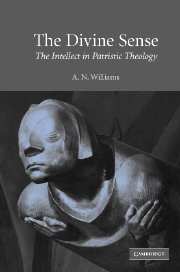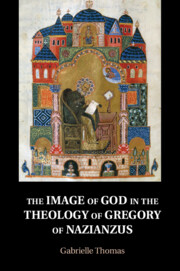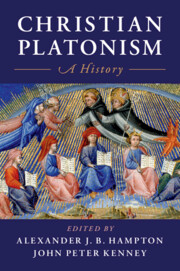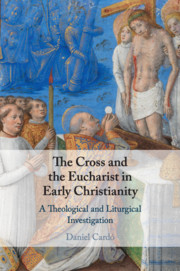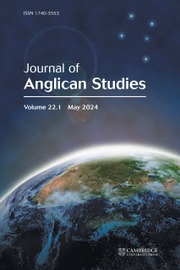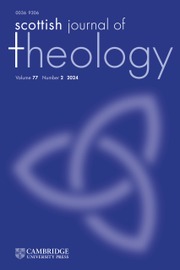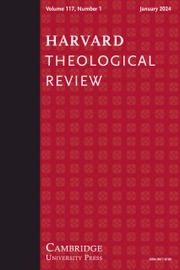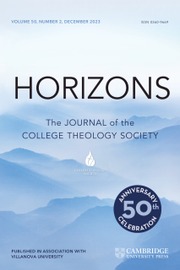The Divine Sense
A. N. Williams examines the conception of the intellect in patristic theology from its beginnings in the work of the Apostolic Fathers to Augustine and Cassian in the early fifth century. The patristic notion of intellect emerges from its systematic relations to other components of theology: the relation of human mind to the body and the will; the relation of the human to the divine intellect; of human reason to divine revelation and secular philosophy; and from the use of the intellect in both theological reflection and spiritual contemplation. The patristic conception of that intellect is therefore important for the way it signals the character of early Christian theology as both systematic and contemplative and as such, distinctive in its approach from secular philosophies of its time and modern Christian theology.
- Examines the distinctive character of Christian theology in this period
- Will be of interest to scholars in a variety of disciplines including theology and philosophy, and historians of late antiquity
Reviews & endorsements
"Williams writes in a refreshingly direct style...Her own voice rarely intrudes in the body of the text, but when it does, she offers acute judgments and nice insights." --Carl N. Still, St. Thomas More College
Product details
March 2007Hardback
9780521793179
266 pages
229 × 152 × 19 mm
0.56kg
Available
Table of Contents
- Introduction
- 1. The dawn of Christian theology
- 2. Early Alexandrians: Clement and Origen
- 3. Cappadocian theology: Nazianzen and Nyssen
- 4. Augustine
- 5. Monastic writings
- Epilogue.

